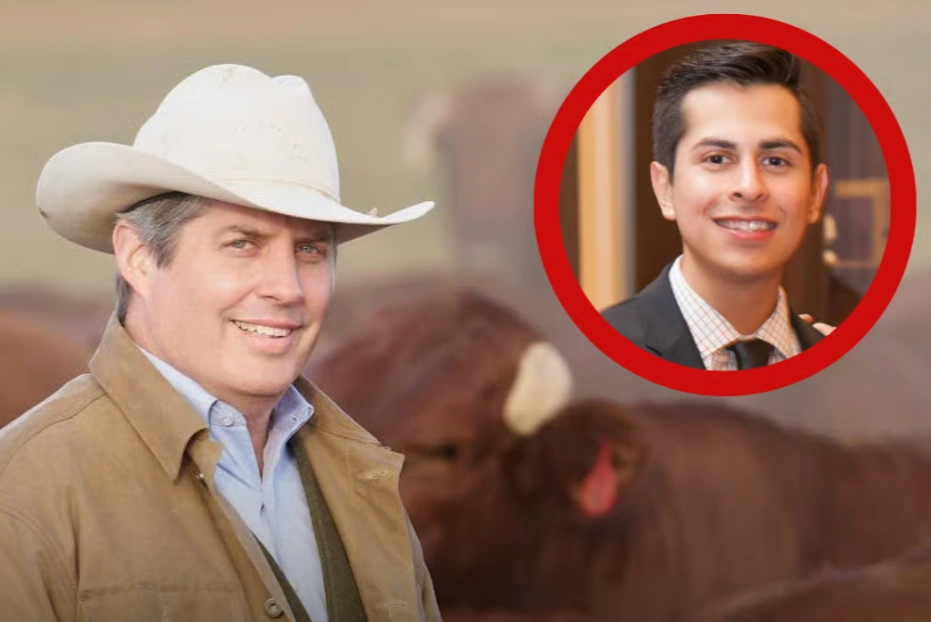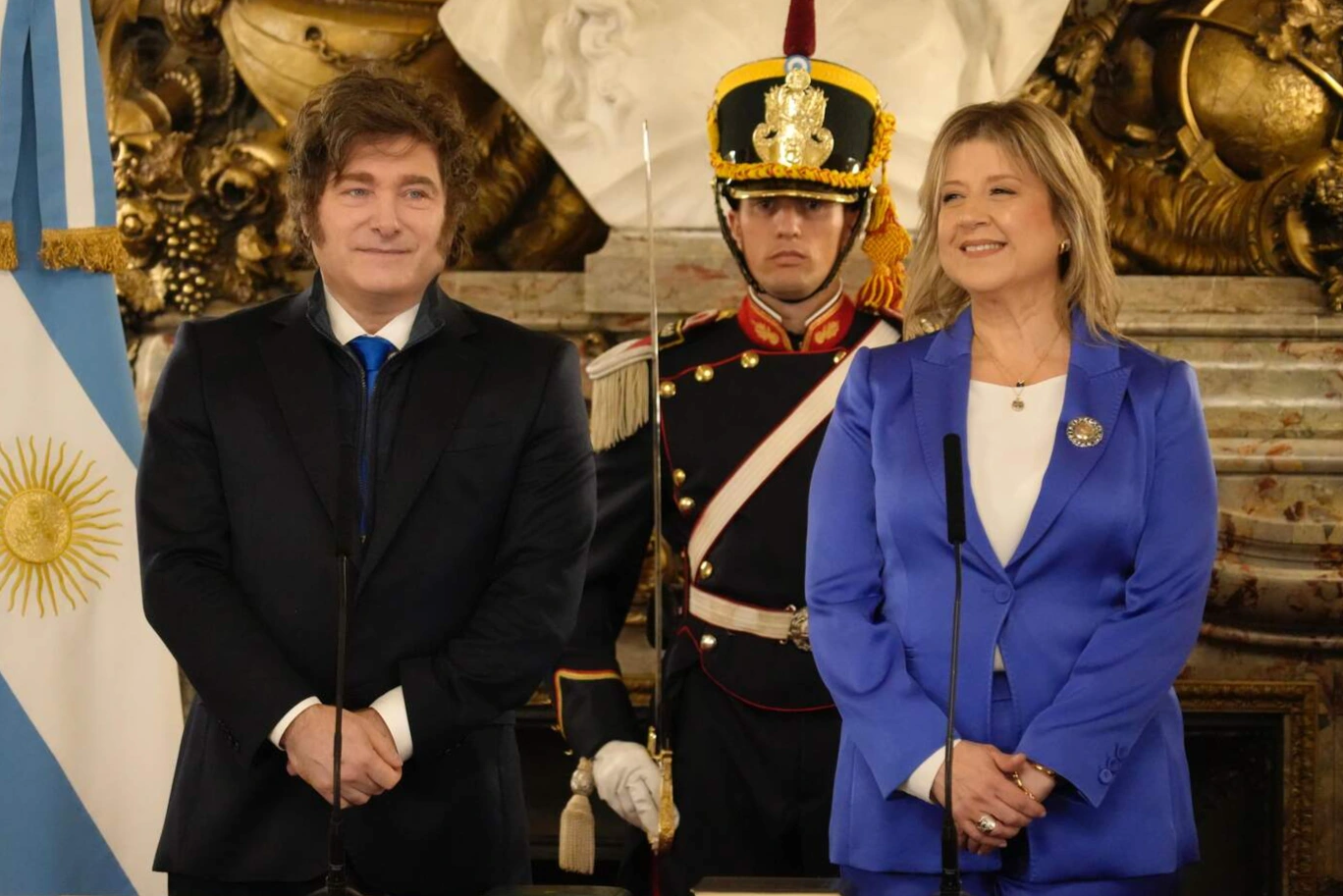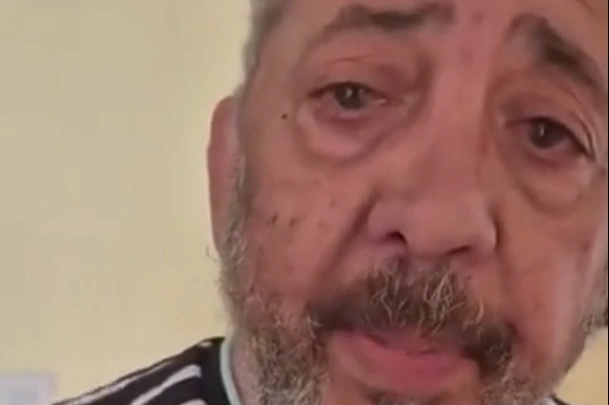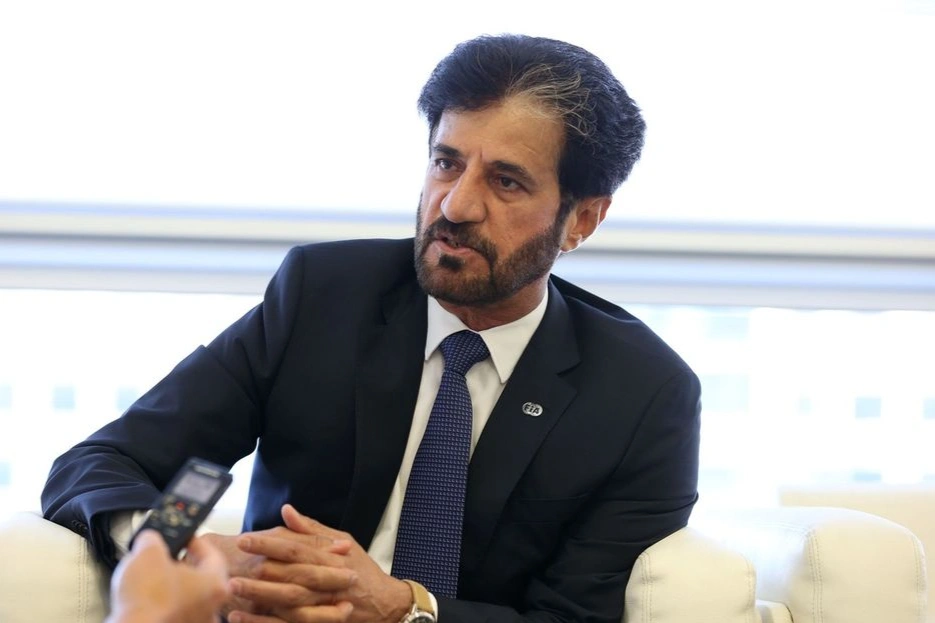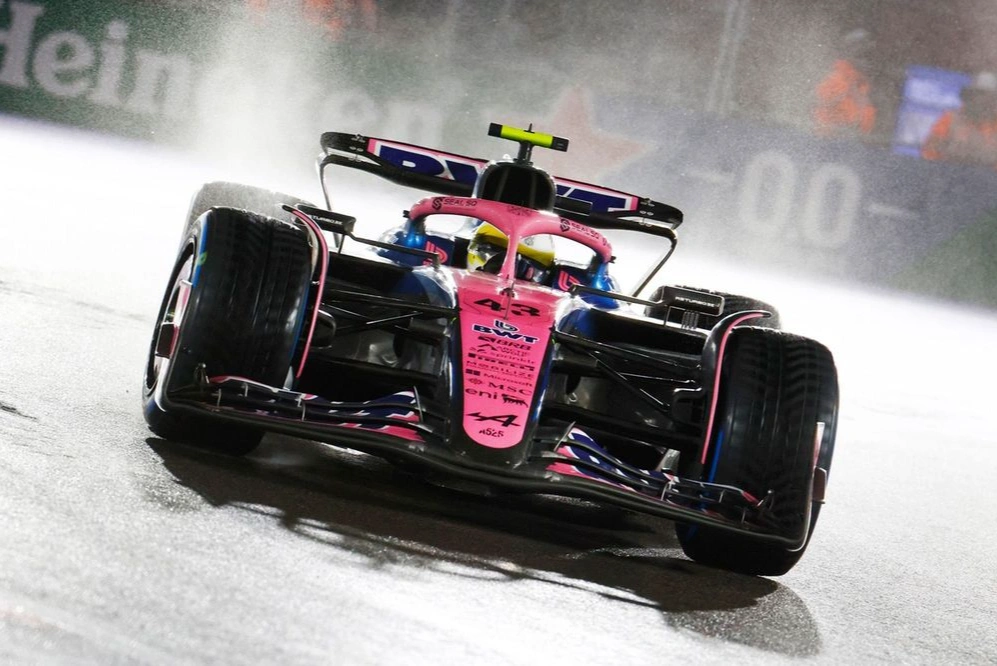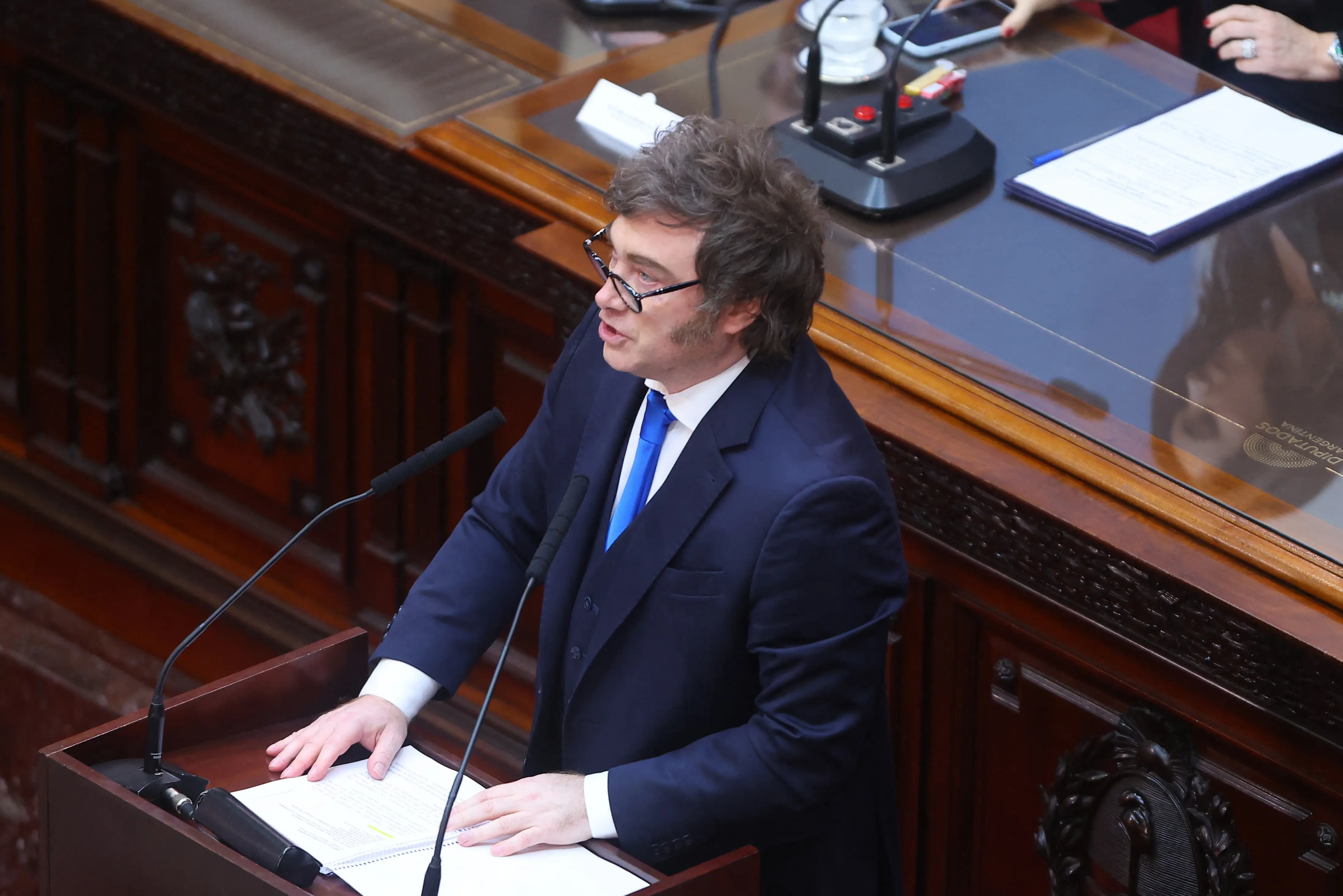The Supreme Court of Justice of the Nation upheld the six-year prison sentence against former president Cristina Fernández de Kirchner for fraudulent administration in the Vialidad case, which triggered a day of high political and social tension. The sentence not only entails a prison term but also disqualification from holding public office, directly affecting her ability to run in future elections.
The government told La Derecha Diario that it will implement the anti-picket protocol to guarantee free movement in public spaces.
The former president received the ruling at the headquarters of the National Justicialist Party, on Matheu Street, in the Buenos Aires neighborhood of Balvanera. Outside, hundreds of activists, union members, and political leaders gathered to show their support. Meanwhile, various unions affiliated with the CGT began blocking traffic at strategic points in the Buenos Aires Metropolitan Area (AMBA).
Gendarmerie intervention and active blockades
Since the early afternoon, blockades were reported at key AMBA access points, including:
- Panamericana Highway
- Camino del Buen Ayre and Acceso Oeste
- La Plata - Buenos Aires Highway, at the height of Quilmes
- Riccheri Highway, near the AFA grounds
In response to this situation, the National Gendarmerie was deployed to clear the blockades. According to information from the InfoGremiales portal, CGT delegates were leading the pickets.
Reaction from the government and unions
"The country is facing a covert state of siege," Juan Grabois denounced on his social media. Meanwhile, the CGT issued a statement titled "Democracy is in danger," in which it expressed its rejection of what it considers a political ban against Cristina Kirchner.
Among those present at the PJ headquarters were the mayor of Quilmes, Mayra Mendoza; senators Oscar Parrilli and Mariano Recalde; and deputies Natalia Zaracho and Federico Fagioli. "This is a blow to democracy," Mendoza said upon entering the building.
The chants echoing in the area reflected the protest atmosphere: "If they touch Cristina, chaos will break out," the demonstrators repeated, reinforcing the message of popular resistance.
The judicial case and background of the ruling
The sentence upheld this Tuesday was originally handed down in 2022 by Federal Oral Court No. 2, composed of judges Jorge Gorini, Rodrigo Giménez Uriburu, and Andrés Basso. The ruling was later confirmed by Chamber IV of the Criminal Cassation Court in November 2023.
The case centers on the alleged rigging of public works contracts in the province of Santa Cruz during the Kirchner administrations. The judges concluded that there was a scheme of systematic corruption, with the diversion of state funds.
Political scenario in turmoil
On the eve of the Supreme Court's decision, the convicted Cristina Kirchner led an event at the PJ, where she delivered a forceful statement: "Being imprisoned is a certificate of dignity." This Tuesday, after the ruling was announced, she returned to the building to hold meetings with legislators from Unión por la Patria, while tensions remained high in the streets.
Union leaders had anticipated that they would take action if the sentence was confirmed. ATE, SMATA, La Bancaria, and APL, among other unions, actively participated in the demonstrations.
The national government, through the Ministry of Security, monitored the events and intervened with federal forces to guarantee movement on the highways. Further episodes of tension in the coming days can't be ruled out.



